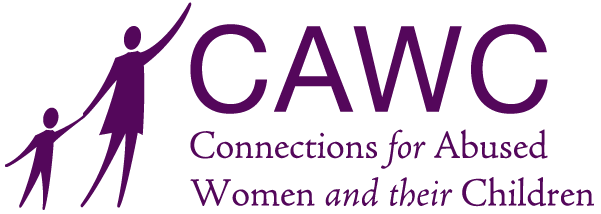Domestic violence leaves more than just physical scars. It profoundly impacts the emotional and psychological well-being of survivors, often resulting in long-lasting trauma. Understanding and addressing this trauma is crucial in aiding survivors on their journey to recovery and empowerment. Enter the concept of trauma-informed care, a revolutionary approach that reshapes the traditional methods of supporting those affected by domestic violence.
What Is Trauma-Informed Care?
Trauma-informed care recognizes the multifaceted impacts of trauma and the complex paths to healing and recovery. It works to integrate this awareness into every aspect of domestic violence services, shaping the interaction between service providers and survivors to foster a more supportive and effective healing environment.
At its core, trauma-informed care is guided by the knowledge that traumatic experiences can profoundly alter an individual’s physical, emotional, and psychological well-being. For survivors of domestic violence, trauma can manifest in various ways, including chronic health problems, mental health issues such as depression and anxiety, and difficulty in establishing trust in relationships. By recognizing these potential impacts, care providers can create an environment of safety, empowerment, and healing tailored to the unique needs of each survivor.
The Key Principles Behind Trauma-Informed Care
Here are some of the key principles of trauma-informed care:
- • Safety and trust. It’s vital to ensure that survivors feel physically and psychologically secure in the care environment. This includes creating spaces that are welcoming and non-threatening, where survivors can feel in control and respected. Establishing trust and transparency in all interactions is also crucial, as it helps rebuild a survivor’s sense of security and self-worth, often eroded in abusive relationships.
- • Empowerment. This concept emphasizes giving survivors a voice and a choice in their care, recognizing their strengths, and supporting their autonomy. Empowerment in this context means involving survivors in decision-making processes and respecting their right to self-determination. This aspect of care is particularly vital, as domestic violence often involves control and coercion, leaving survivors feeling powerless.
- • Collaboration and mutuality. Service providers work alongside survivors as partners. This approach respects the survivor’s expertise in their own life and experiences and acknowledges the role of service providers as facilitators in the healing process. Such an approach helps to balance power dynamics between providers and survivors, fostering a more equitable and supportive relationship.
- • Sensitivity and understanding. Finally, trauma-informed care for domestic violence survivors involves recognizing the prevalence of trauma and its far-reaching impacts. It requires shifting the question from “What’s wrong with you?” to “What happened to you?” This change in perspective allows for a more compassionate and comprehensive understanding of a survivor’s experiences and behaviors.
Get Comprehensive Trauma-Informed Care With CAWC
At Connections for Abused Women and Their Children (CAWC), we believe that everyone has a right to a life free of violence. Our mission to end domestic violence is rooted in education, service, and advocacy.
In addition to working toward broader social change, we provide empowerment-based and trauma-informed therapy through our Humboldt Park Outreach Program. This is a community-based counseling outreach program for victims of domestic violence who either have left the shelter and begun independent living or have not yet made the decision to leave their abuser.
If you or someone you know is actively experiencing domestic violence, don’t hesitate to call our 24-hour hotline at (773) 278-4566. For non-emergency support, reach out through our contact form today.
